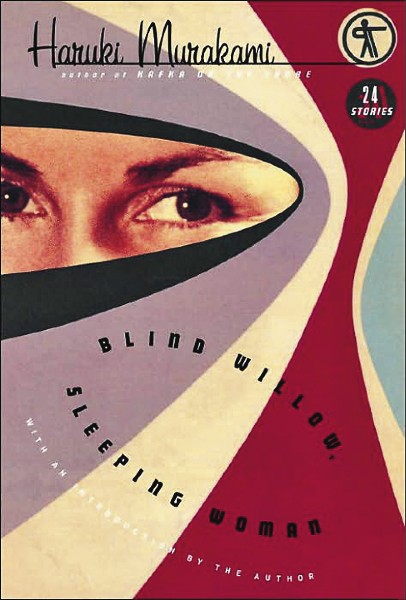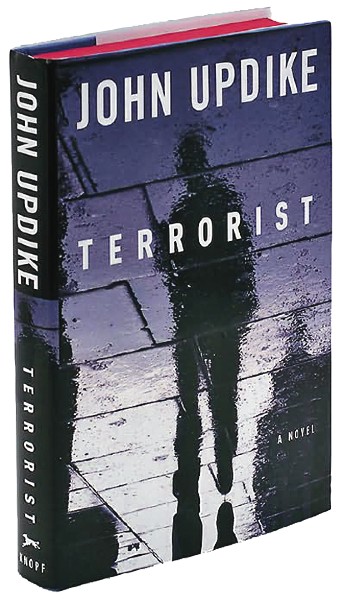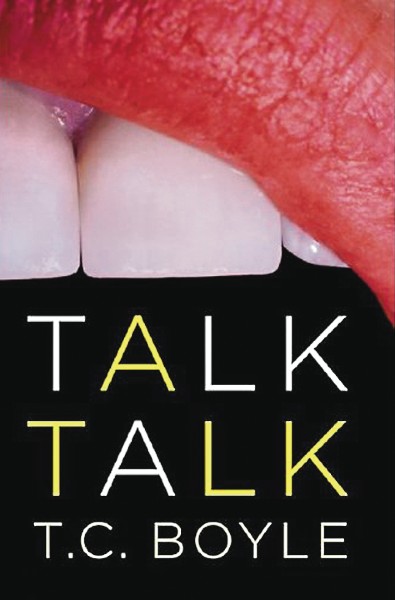Traveling On The Cheap
A Preview Of The Most Promising Summer Releases



Latest Article|September 3, 2020|Free
::Making Grown Men Cry Since 1992





